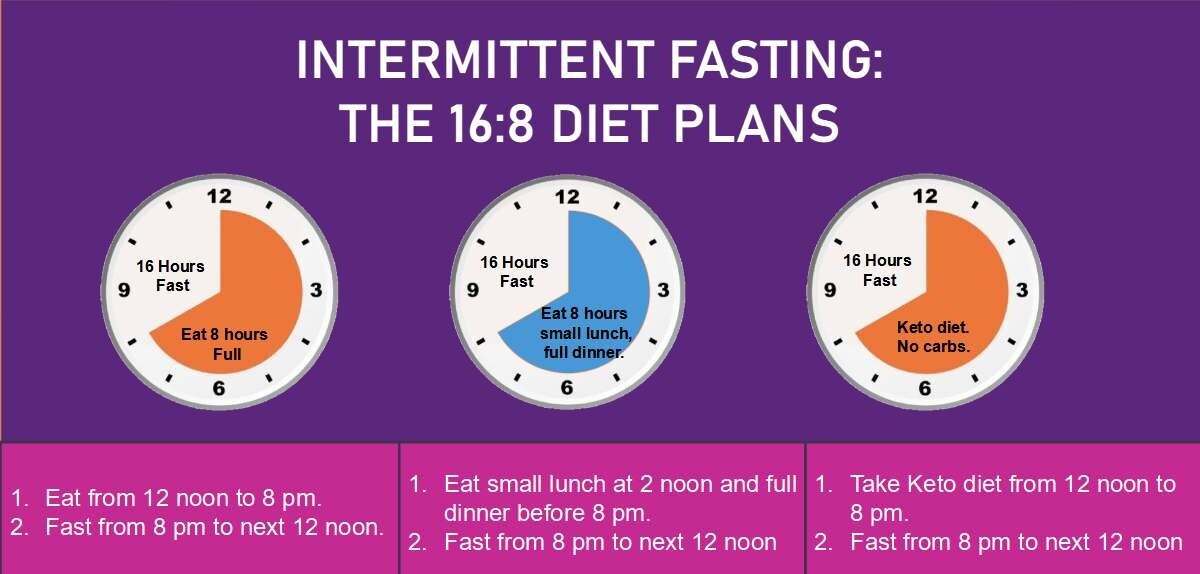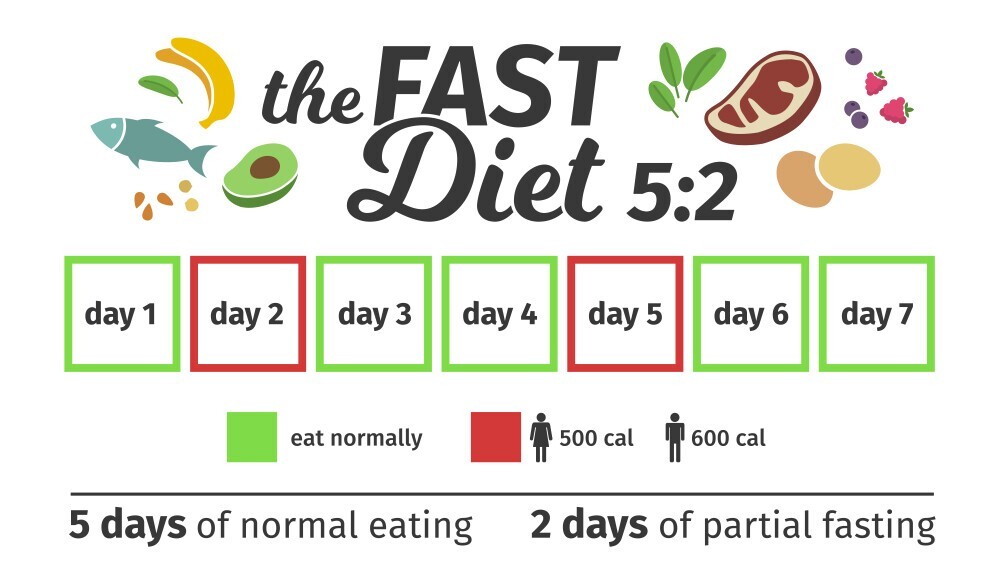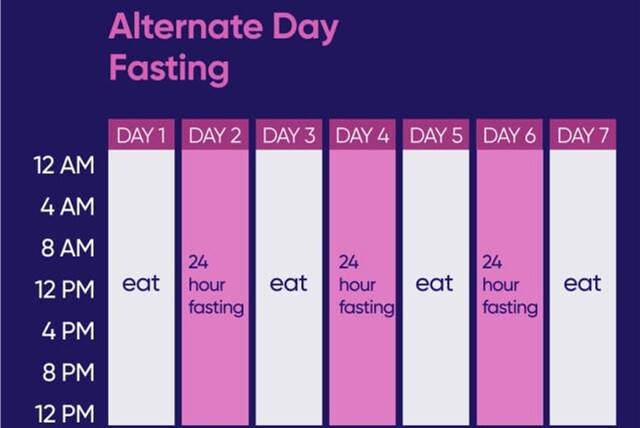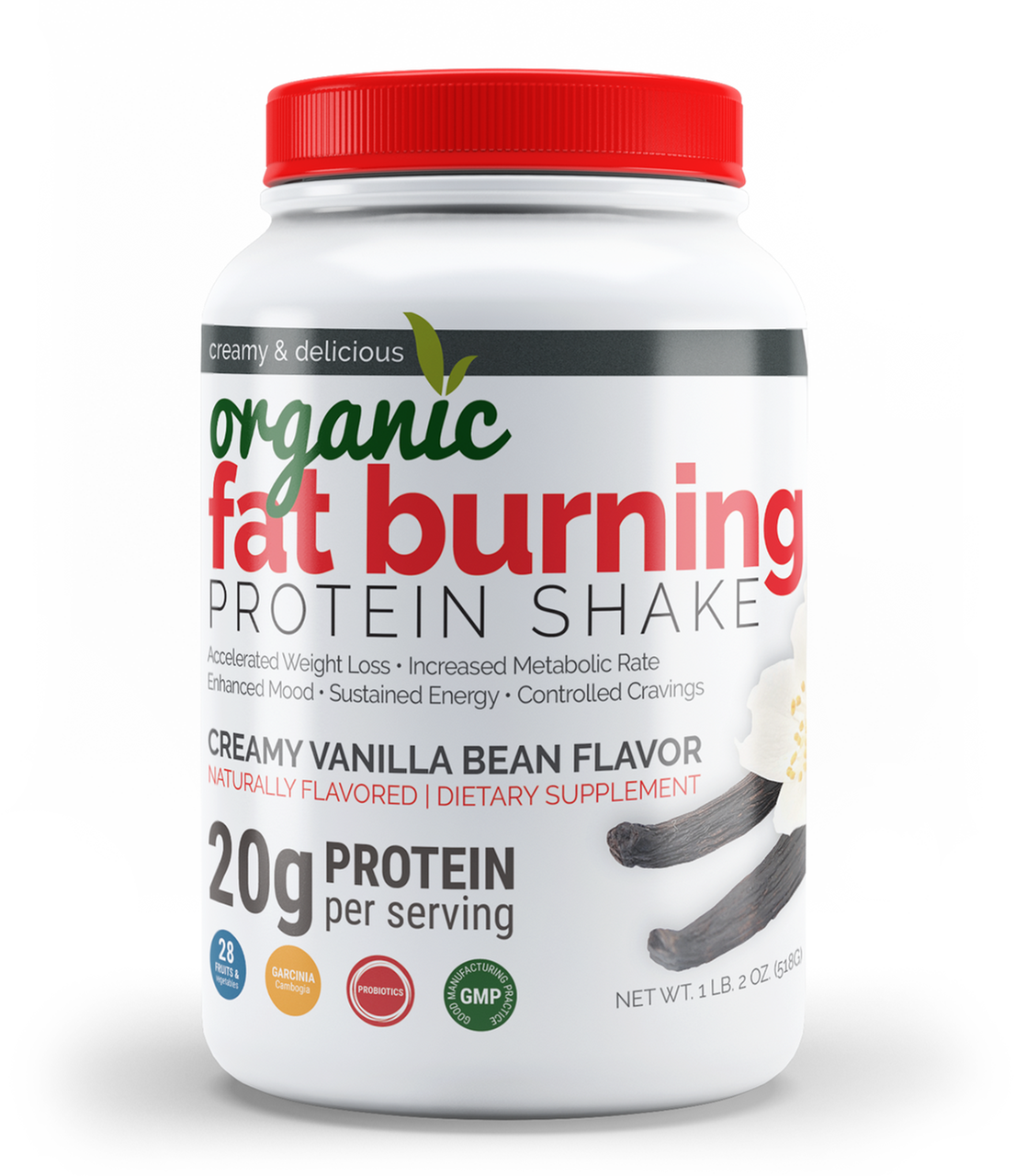Jul 8th 2025
Intermittent Fasting: A Balanced Approach to Eating
Intermittent fasting (IF) has surged in popularity as a dietary strategy that emphasizes not just what you eat, but when you eat. By alternating periods of eating with periods of fasting, IF offers a flexible approach to nutrition that aligns with the body’s natural rhythms. This article explores the various methods of intermittent fasting, its potential health benefits, and practical tips for incorporating it into your lifestyle.
Understanding Intermittent Fasting
Intermittent fasting involves cycling between periods of eating and fasting. Unlike traditional diets that focus on calorie restriction or specific food groups, IF concentrates on the timing of meals. Common methods include:

16/8 Method: Also known as time-restricted eating, this method involves fasting for 16 hours each day and consuming all meals within an 8-hour window. For example, eating between 12 p.m. and 8 p.m. and fasting from 8 p.m. to 12 p.m. the next day. Many people find that starting their eating window with a light, nutrient-focused option, like a functional beverage or superfood drink, helps ease into their meals.

5:2 Diet: This approach entails eating normally five days a week and significantly reducing calorie intake (typically around 500–600 calories) on two non-consecutive days.

Alternate-Day Fasting: Involves alternating between days of regular eating and days of fasting or consuming minimal calories.
Health Benefits of Intermittent Fasting
Weight Loss and Metabolic Health
By limiting the eating window, IF can lead to a reduction in calorie intake, which may promote weight loss. Additionally, fasting periods encourage the body to utilize stored fat for energy, potentially improving metabolic health. Some individuals complement their fasting routine with metabolism-supporting teas or natural coffee blends that provide energy without breaking the fast. A study published in the Annals of Internal Medicine found that participants following a 4:3 intermittent fasting plan lost more weight compared to those on a daily calorie-restricted diet.
Improved Blood Sugar Control
Intermittent fasting may enhance insulin sensitivity and lower blood sugar levels, reducing the risk of type 2 diabetes. Research indicates that IF can help control blood sugar and reduce insulin resistance. Many fasting enthusiasts incorporate low-calorie functional drinks or nutrient-rich smoothies during their eating windows to help maintain balanced energy and nourishment. Maximum Slim Organic Protein Shake is an excellent example of a functional drink that has many health benefits. Organic Protein Shake - Maximum Slim | Nutrient-Rich Drink for Muscle Recovery - MaximumSlim Health Products (Use Code: BLOG10 for 10% OFF)
Heart Health
Some studies suggest that intermittent fasting can improve heart health by reducing risk factors such as high blood pressure, cholesterol levels, and inflammation. Staying mindful of what you consume during eating periods—including incorporating supplements, such as Maximize Within Blood Pressure Support - Blood Pressure Support Supplement - Maximum Slim | Promotes Cardiovascular Health - MaximumSlim Health Products, (Use Code: BLOG10 for 10% OFF), plant-based superfoods or antioxidant-rich beverages—may further support these heart health benefits.
Brain Health
Animal studies have shown that intermittent fasting may support brain health by reducing inflammation and promoting the growth of new neurons. While more research is needed in humans, these findings are promising. Some individuals turn to brain-focused nutrition, like green drinks or functional supplements, to complement cognitive wellness goals while following IF. Alpha GPC + Citicoline Supplement - Maximum Slim | Supports Cognitive Function & Focus - MaximumSlim Health Products, (Use Code: BLOG10 for 10% OFF)
Potential Risks and Considerations
While intermittent fasting can offer health benefits, it's not suitable for everyone. Potential risks include:
- Hunger and Fatigue: During fasting periods, individuals may experience hunger, fatigue, and irritability, especially when starting the regimen. Staying hydrated with herbal teas or natural energy drinks can help ease this transition.
- Nutrient Deficiencies: Restricting eating times may lead to inadequate nutrient intake if not carefully managed.
- Not Suitable for Everyone: Intermittent fasting is not recommended for individuals with a history of eating disorders, pregnant or breastfeeding women, or those with certain medical conditions. It's essential to consult with a healthcare provider before starting any fasting regimen. (mayoclinichealthsystem.org)
Tips for a Balanced Approach to Intermittent Fasting
To incorporate intermittent fasting into your lifestyle effectively:
✔ Start Gradually: Begin with shorter fasting periods and gradually increase as your body adapts. Many find it helpful to break their fast with nutrient-dense options like smoothies or wellness coffees that offer essential vitamins and minerals.
✔ Focus on Nutrient-Dense Foods: During eating periods, prioritize whole, unprocessed foods rich in nutrients to support overall health.
✔ Stay Hydrated: Drink plenty of water during fasting periods to stay hydrated and help manage hunger. Herbal teas or low-calorie functional beverages are popular fasting-friendly options.
✔ Listen to Your Body: Pay attention to how your body responds and adjust your fasting schedule as needed.
✔ Consult a Healthcare Professional: Before starting intermittent fasting, especially if you have underlying health conditions, seek advice from a healthcare provider. (uclahealth.org)
Conclusion
Intermittent fasting offers a flexible and balanced approach to eating that can align with various lifestyles and health goals. By understanding the different methods and potential benefits, individuals can make informed decisions about incorporating IF into their routines. As with any dietary change, it's crucial to consider personal health conditions and consult with healthcare professionals to ensure it's the right choice for you. Many people also explore complementary wellness products such as superfood blends, detox teas, or functional coffee to support their energy, metabolism, and overall well-being as part of their fasting lifestyle.
(Use Code: BLOG10 for 10% OFF)





